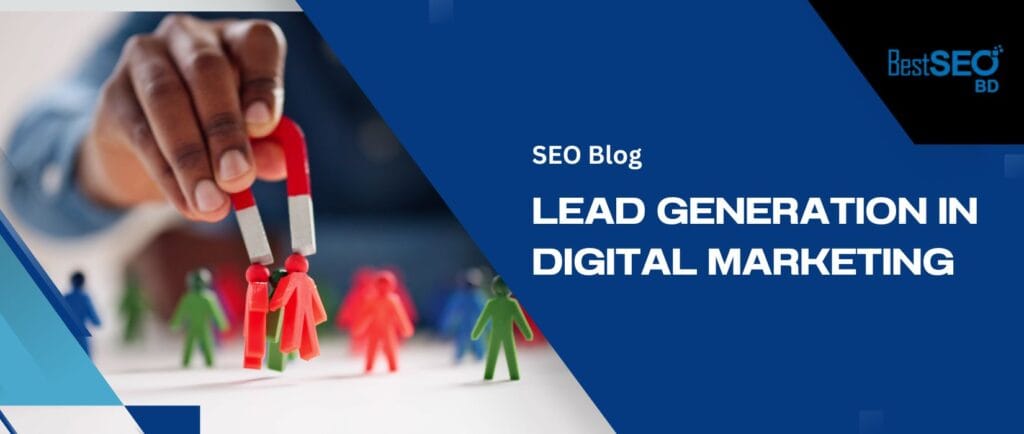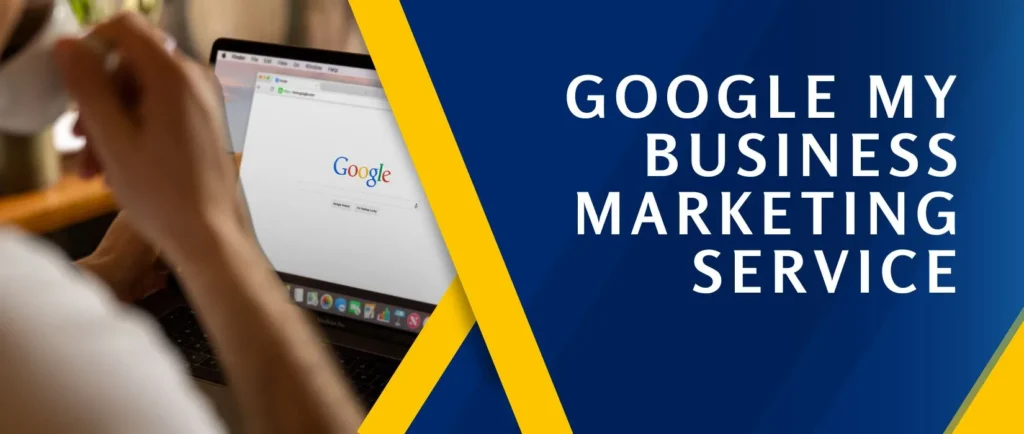One of the most important and talked-about topics in 2024 will be lead generation in digital marketing. Lead generation has become a cornerstone for businesses aiming to expand their customer base and boost sales. In this article, we will go into the intricacies of lead generation, exploring its definition, importance, and the strategies that make it an indispensable aspect of digital marketing.
What is lead generation?
Lead generation in digital marketing is the process of attracting and converting potential customers or prospects into leads, which are individuals expressing interest in a product or service. In the realm of digital marketing, this involves leveraging online channels and strategies to capture the attention of a target audience and entice them to take a specific action, such as filling out a form, subscribing to a newsletter, or making a purchase.
The Importance of Lead Generation:
1. Fueling the Sales Funnel:
Lead generation is crucial for populating the sales funnel with qualified prospects. By identifying individuals who have shown interest in a product or service, businesses can nurture these leads through the sales process, increasing the likelihood of conversion.
2. Cost-Effective Marketing:
Compared to traditional forms of advertising, digital lead generation can be more cost-effective. With targeted strategies and analytics, businesses can optimize their marketing budget and focus on channels that generate the most qualified leads.
3. Building Relationships:
Lead generation allows businesses to build relationships with potential customers early in the buying process. By providing valuable content and engaging with leads, companies can establish trust and credibility, making it more likely that leads will choose their products or services when ready to make a purchase.
Strategies for effective lead generation in digital marketing:
1. Content Marketing:
Creating high-quality, relevant content is a powerful way to attract and engage potential leads. Blog posts, ebooks, infographics, and videos can showcase a company’s expertise and provide valuable information to its target audience.
2. Social media marketing:
Leveraging social media platforms enables businesses to connect with their audience on a more personal level. It is one of the most cost-effective ways as well. By sharing engaging content and participating in conversations, companies can capture the attention of potential leads and direct them to their website or landing pages.
3. Search Engine Optimization (SEO):
Optimizing content for search engines is essential for increasing online visibility. By utilizing relevant keywords in website content, blog posts, and meta tags, businesses can improve their search engine rankings and attract organic traffic that is more likely to convert into leads.
4. Email Marketing:
Email remains a potent tool for lead generation. Building an email list and sending targeted campaigns can nurture leads over time, providing them with valuable information and incentives to move them further down the sales funnel.
FAQ (Frequently Asked Questions)
Q1: What is the role of landing pages in lead generation?
A: Landing pages are dedicated web pages designed for a specific marketing campaign or offer. They serve as a focal point for directing traffic and capturing leads. By presenting a compelling call-to-action and a form for visitors to fill out, businesses can efficiently gather information and convert visitors into leads.
Q2: How can businesses qualify leads for better targeting?
A: Lead qualification involves assessing the level of interest and readiness to purchase. This can be achieved through analyzing demographic data, tracking online behavior, and implementing lead scoring systems. By prioritizing and focusing efforts on highly qualified leads, businesses can optimize their marketing strategies.
Q3: Is paid advertising an effective method for lead generation?
A: Paid advertising, such as pay-per-click (PPC) campaigns, can be an effective and quick way to generate leads. PPC Advertising companies can effectively boost your lead generation. However, it is essential to target the ads strategically and use compelling ad copy and visuals. Continuous monitoring and optimization are key to ensuring a positive return on investment (ROI).
Q4: How does lead nurturing contribute to successful conversions?
A: Lead nurturing involves building relationships with leads over time. Through targeted communication and valuable content, businesses can guide leads through the buyer’s journey, addressing their concerns and providing the information needed to make informed decisions. This process increases the likelihood of successful conversions.
Q5: Are there tools available to streamline the lead generation process?
A5: Yes, several tools can streamline lead generation efforts. Customer Relationship Management (CRM) software helps manage and organize leads, while marketing automation tools enable businesses to automate repetitive tasks and nurture leads through predefined workflows. These tools contribute to a more efficient and effective lead generation process.
Conclusion:
In the dynamic landscape of digital marketing, lead generation stands out as a pivotal strategy for businesses aiming to expand their reach and drive sales. Businesses can connect with their target audience, build relationships, and ultimately convert leads into loyal customers with the help of lead generation in digital marketing. As technology and consumer behavior continue to evolve, staying informed and adapting lead generation strategies accordingly will be key to sustaining success in the digital marketplace.



